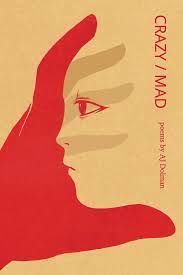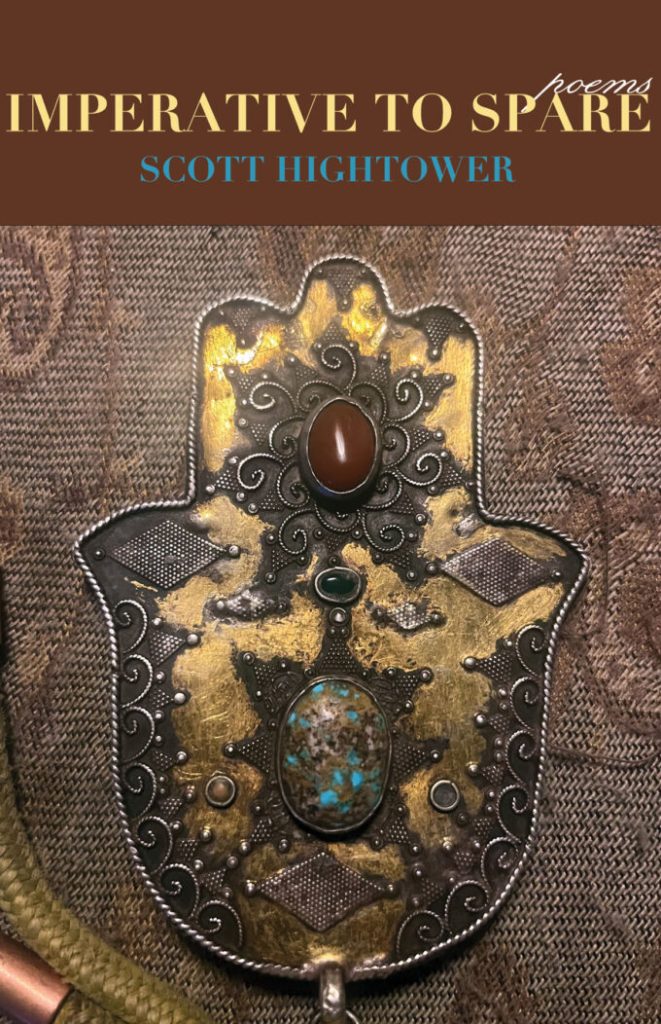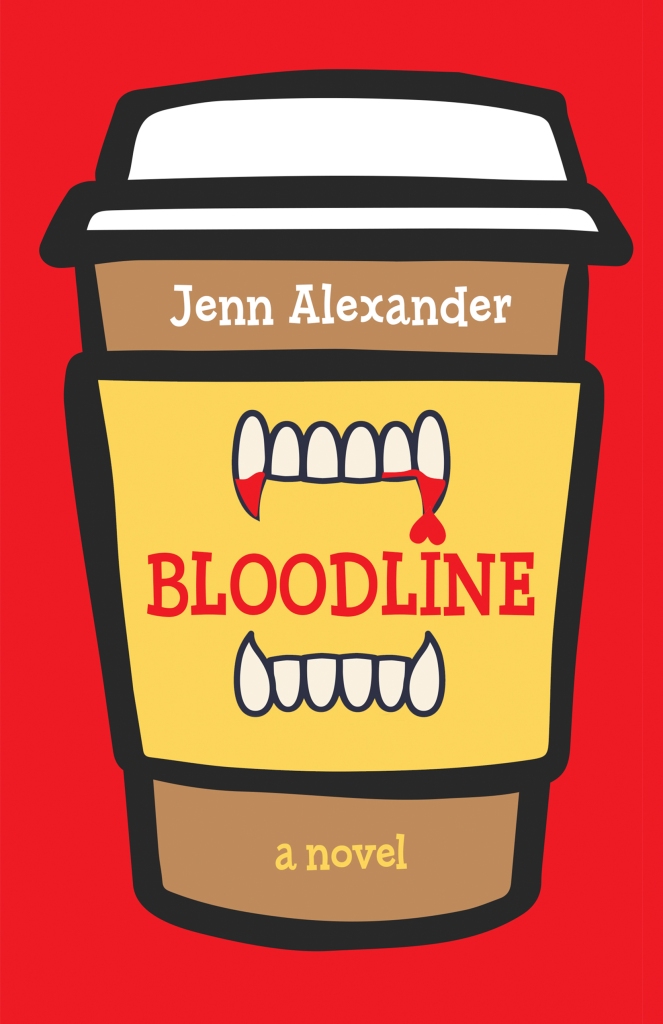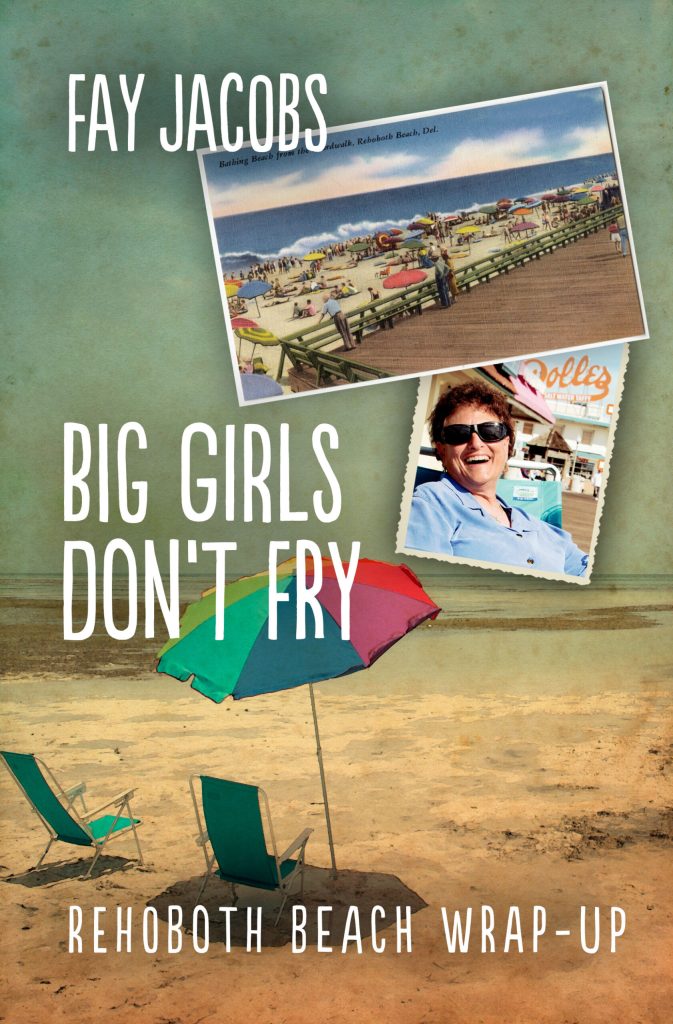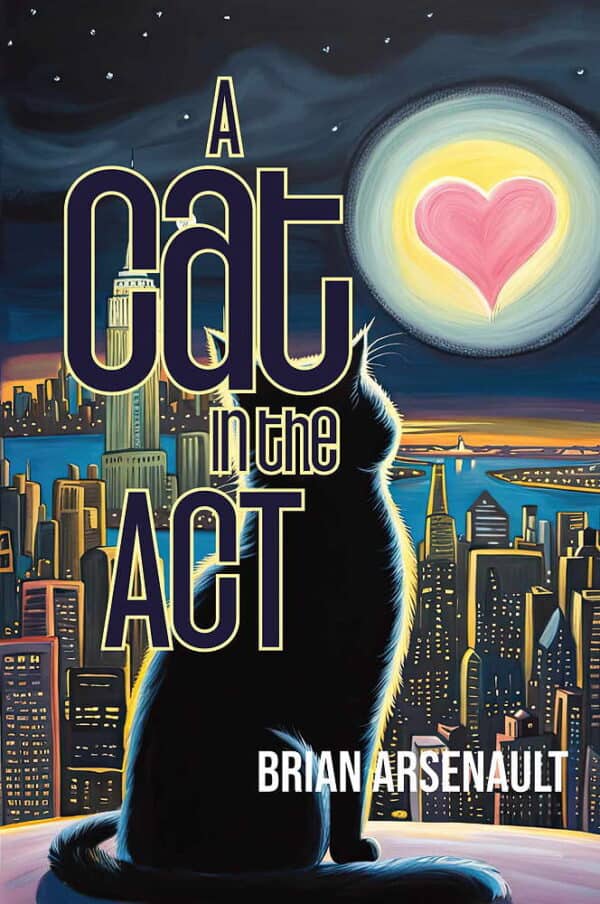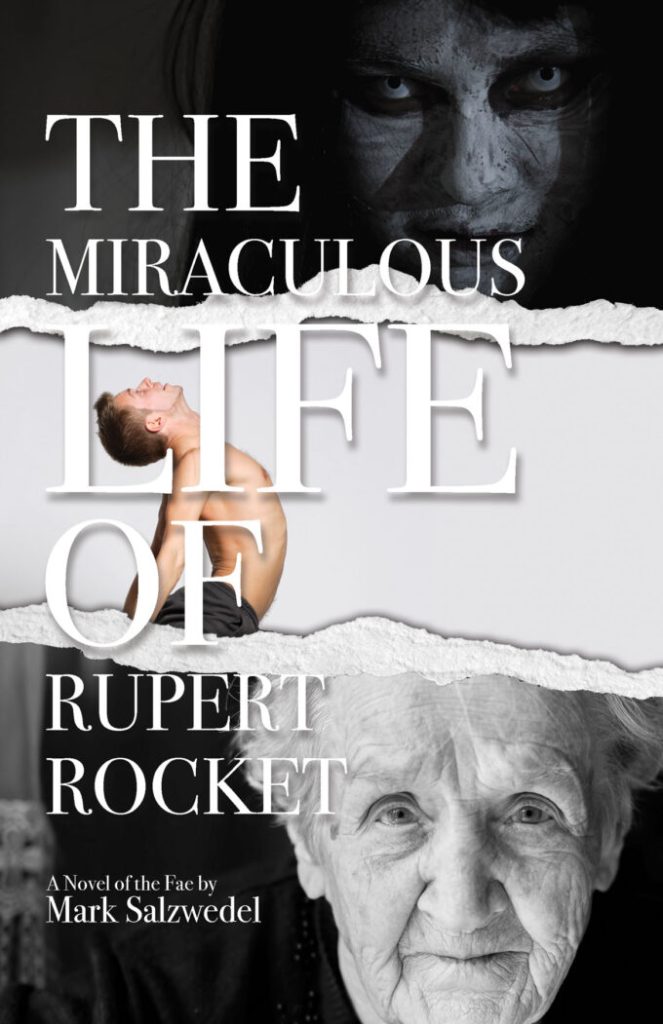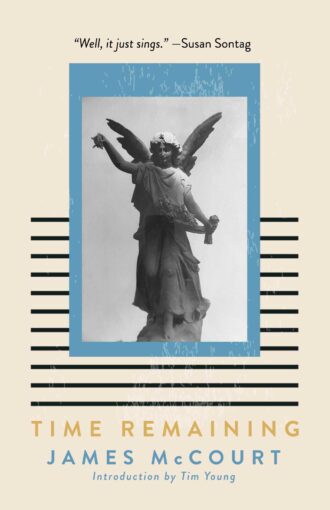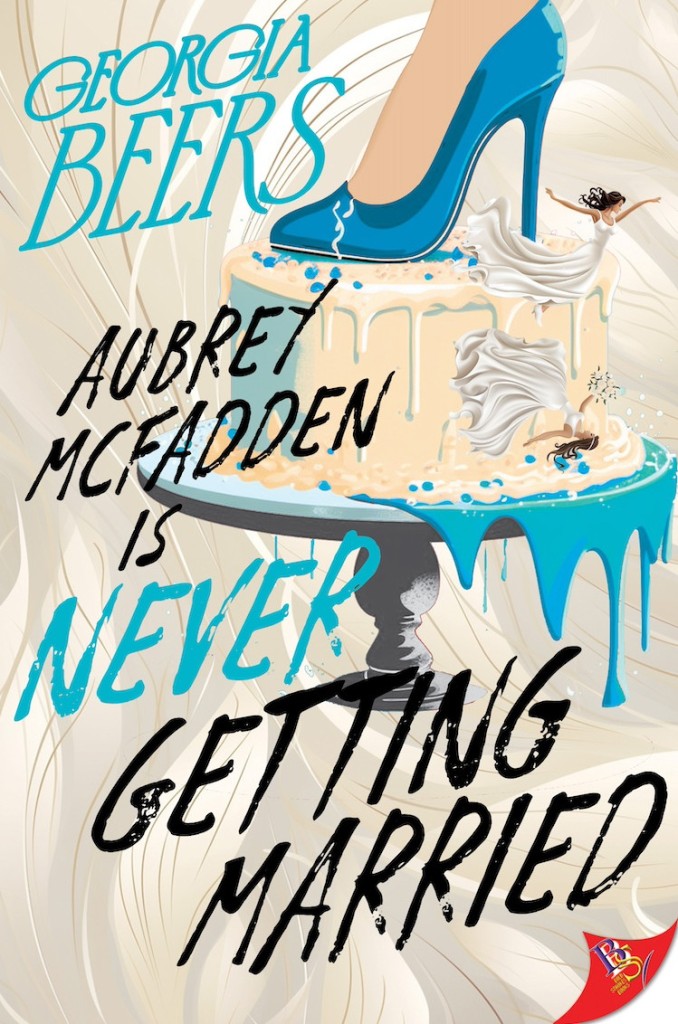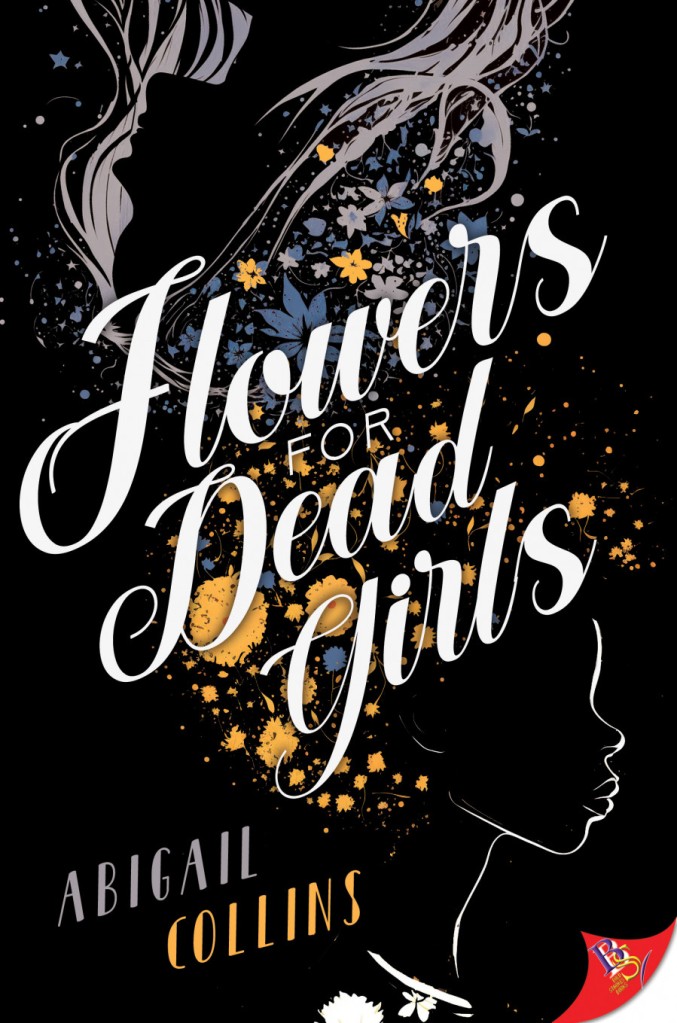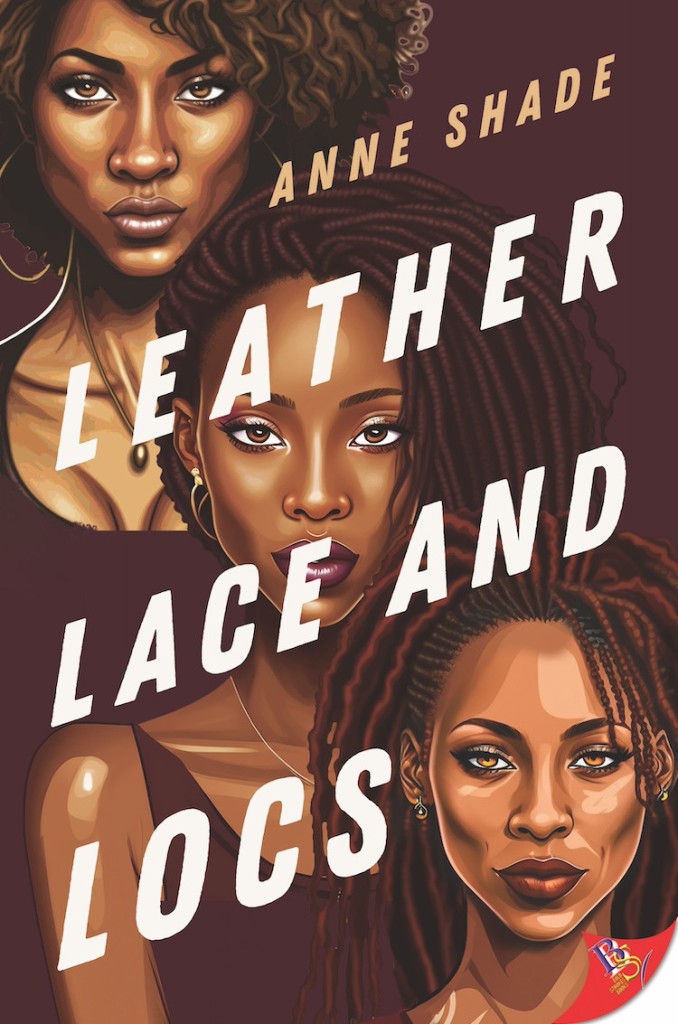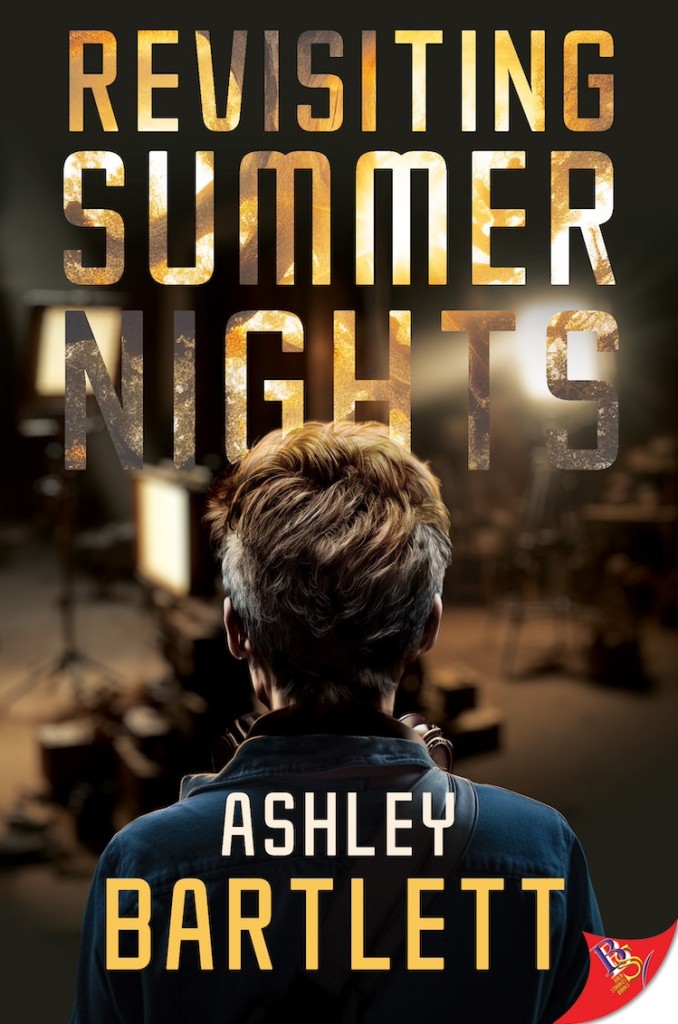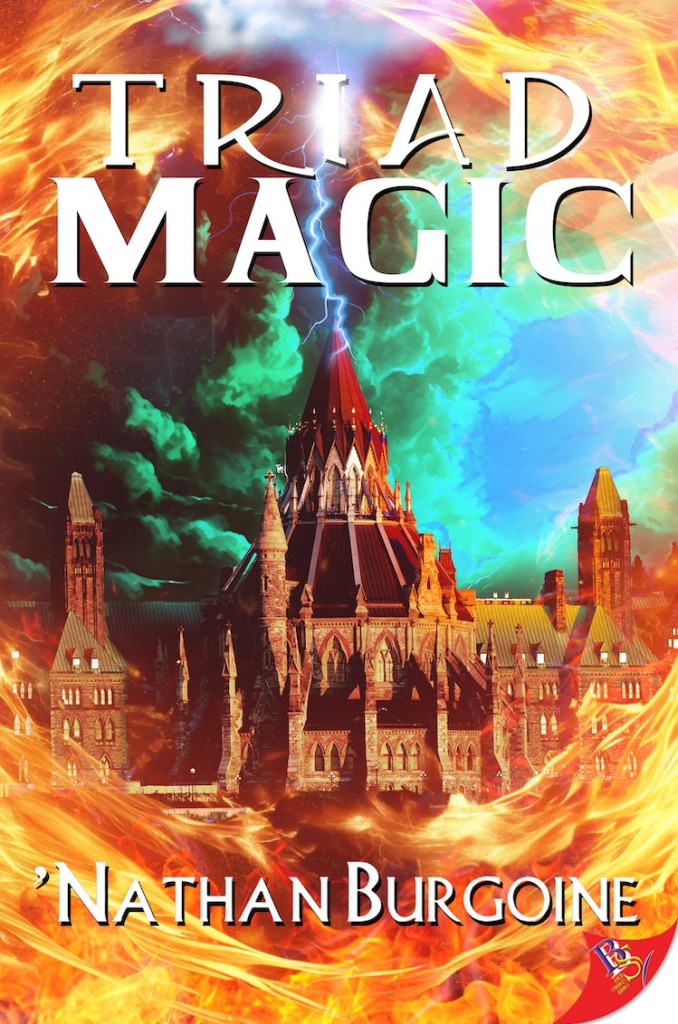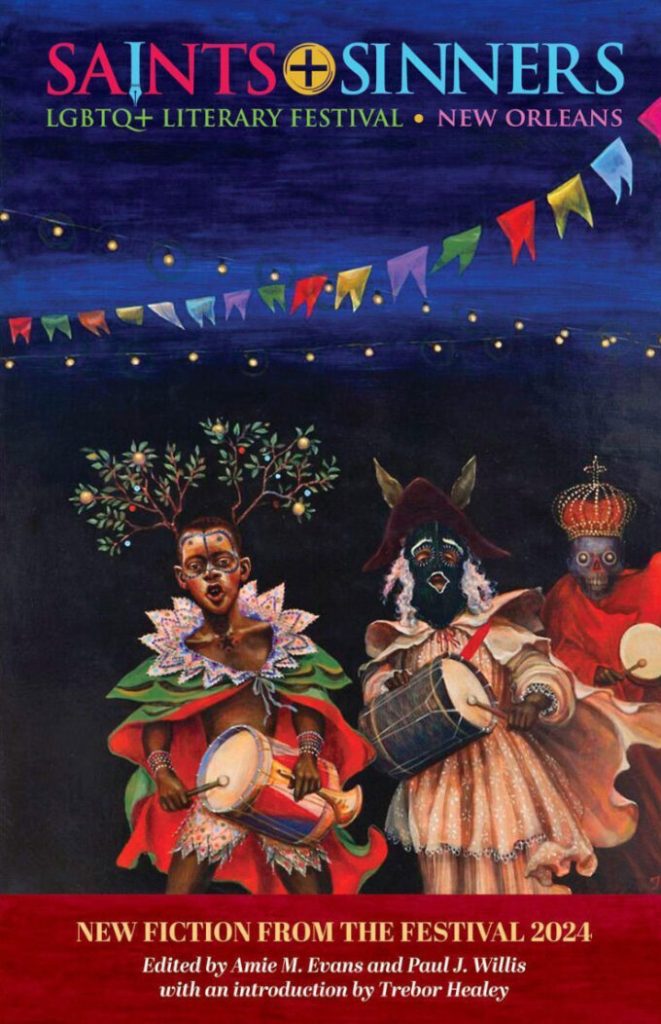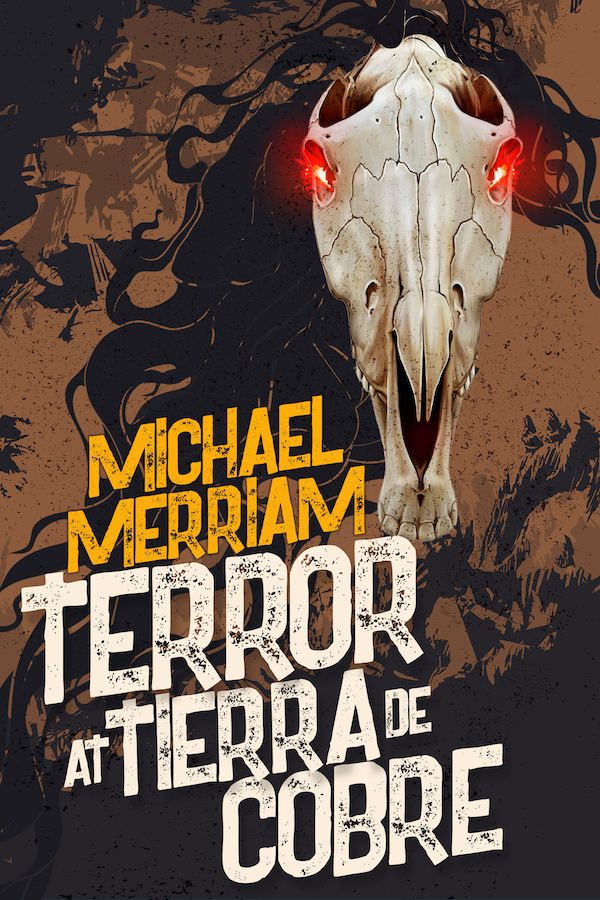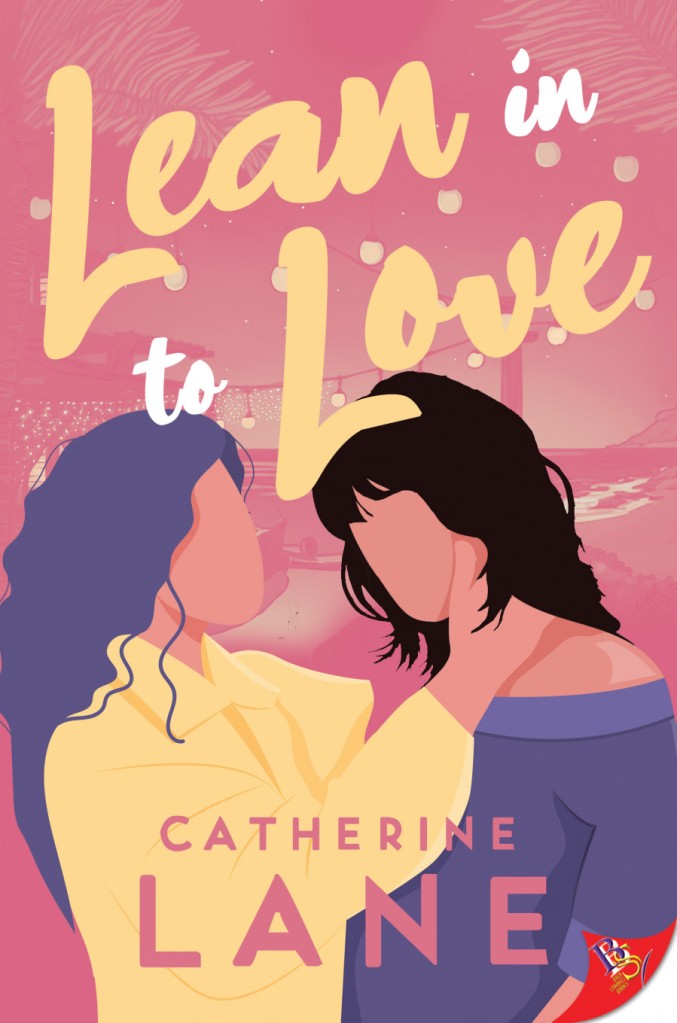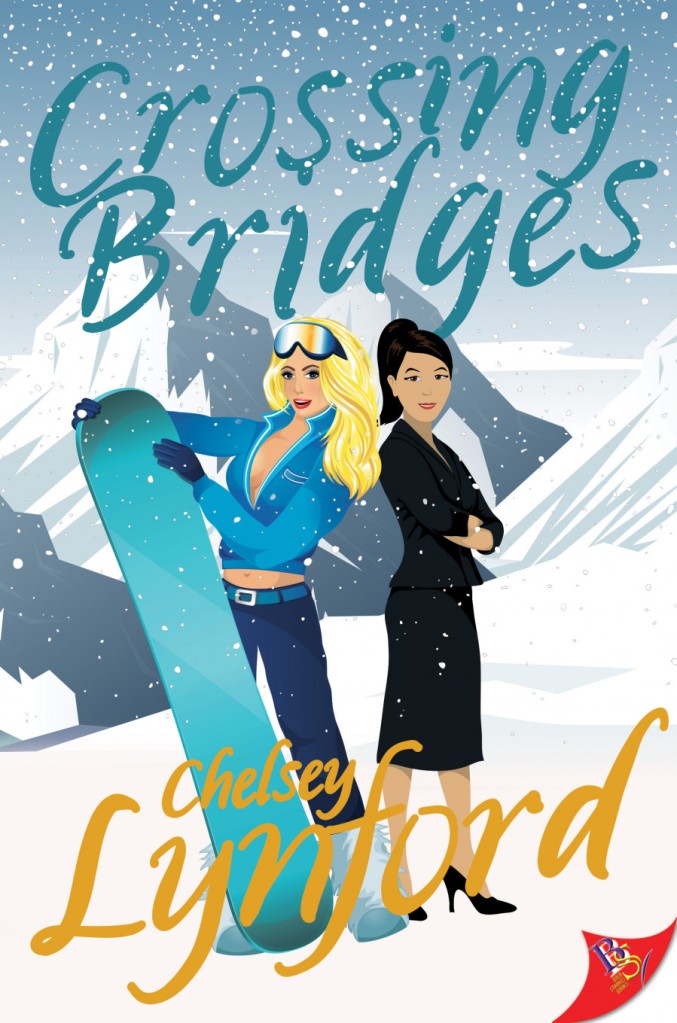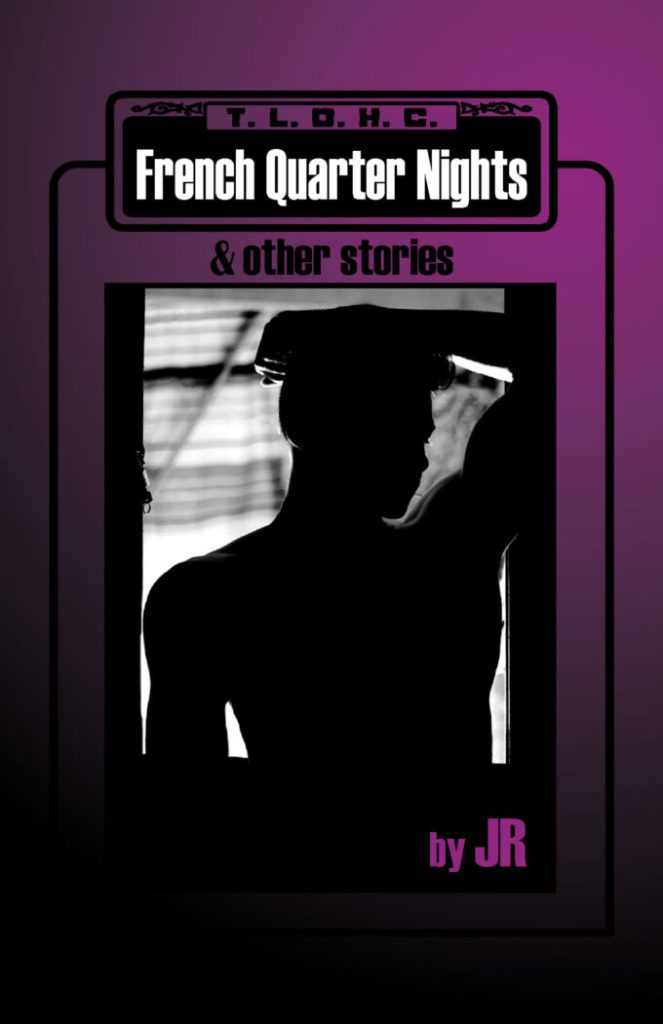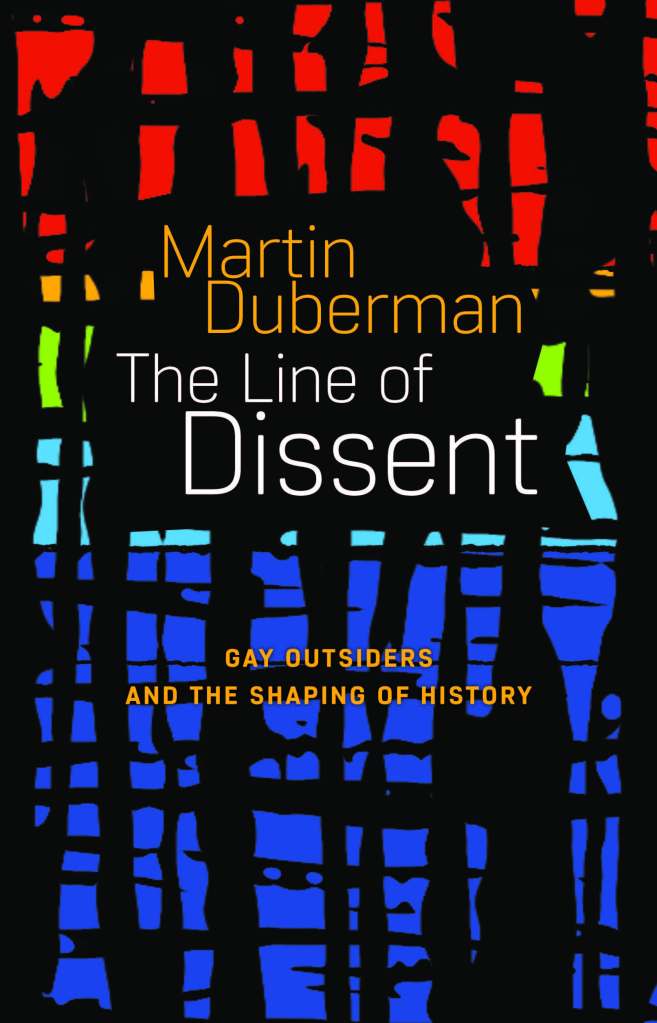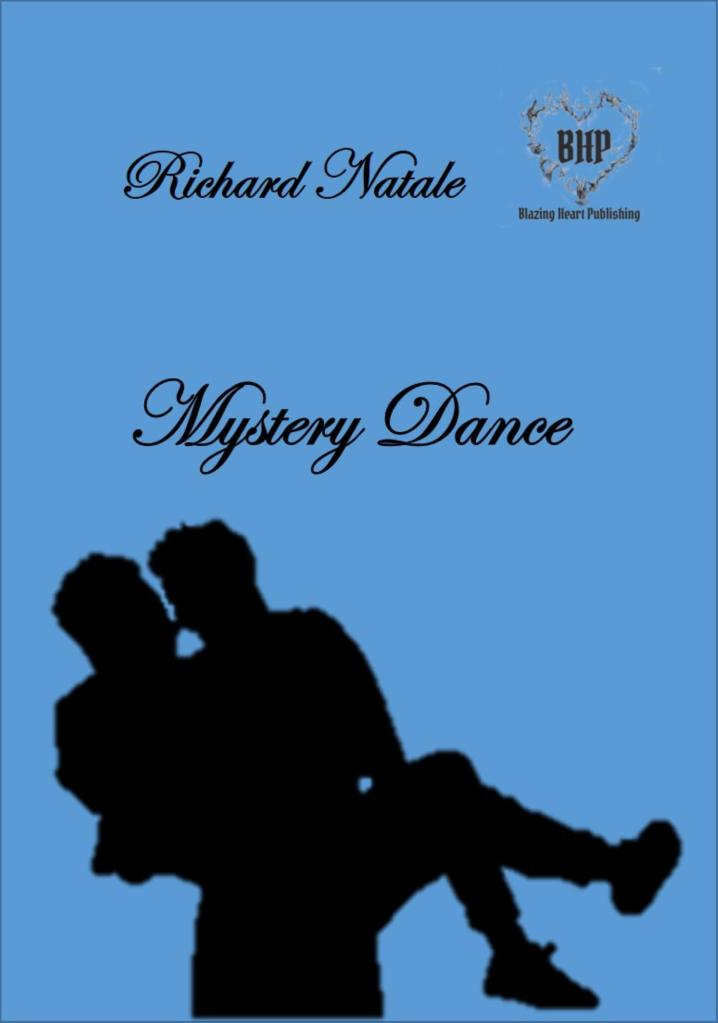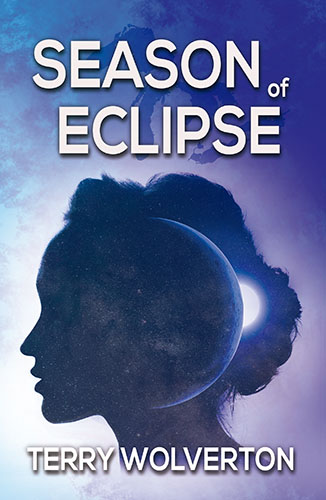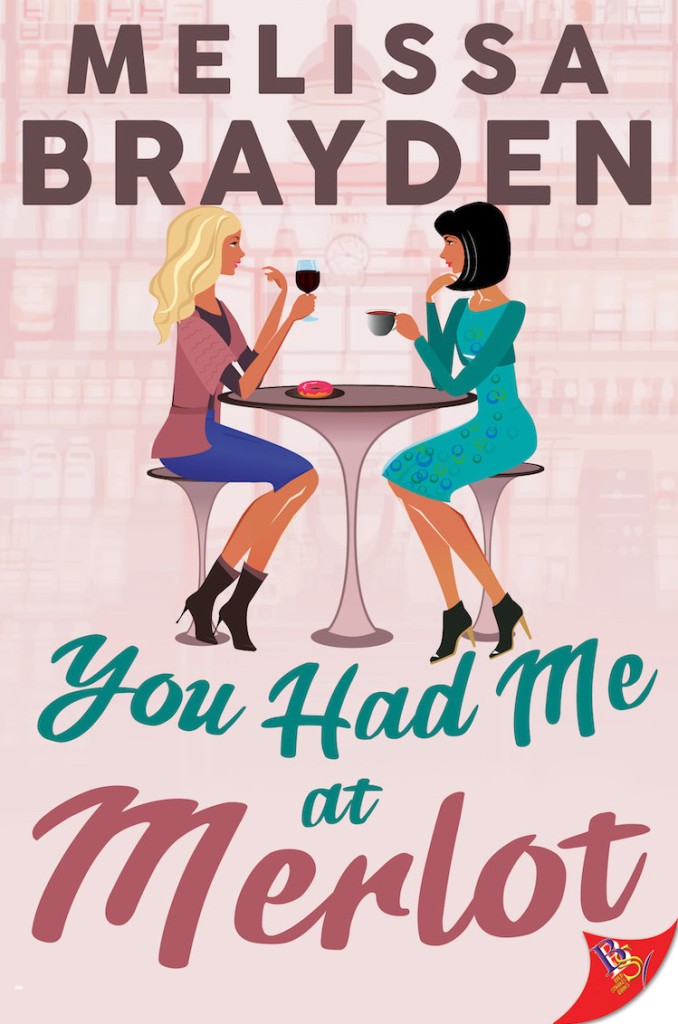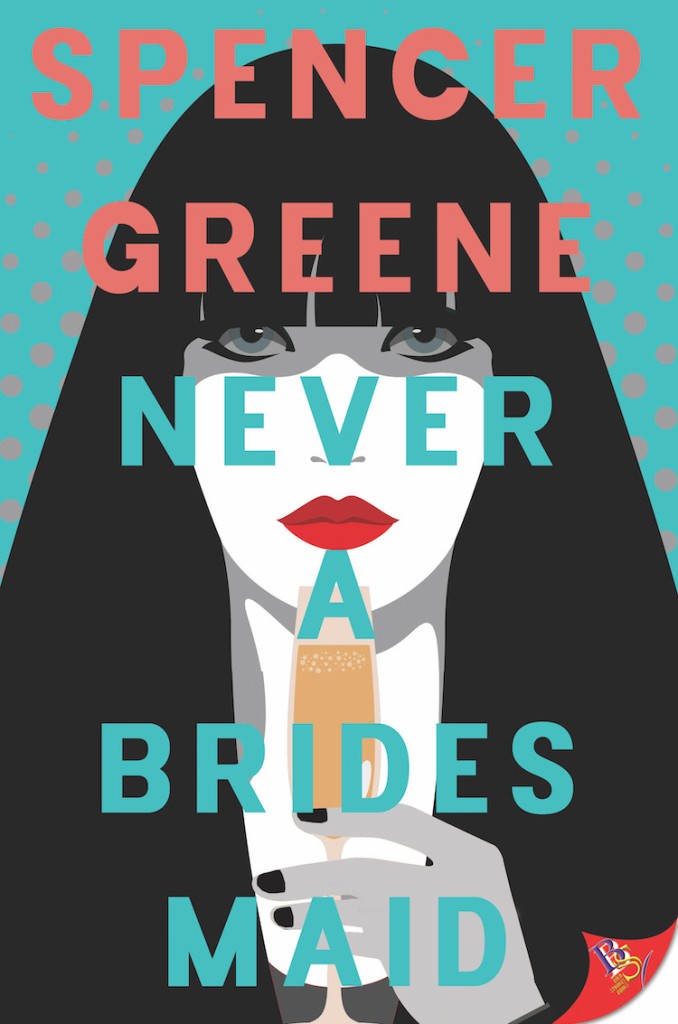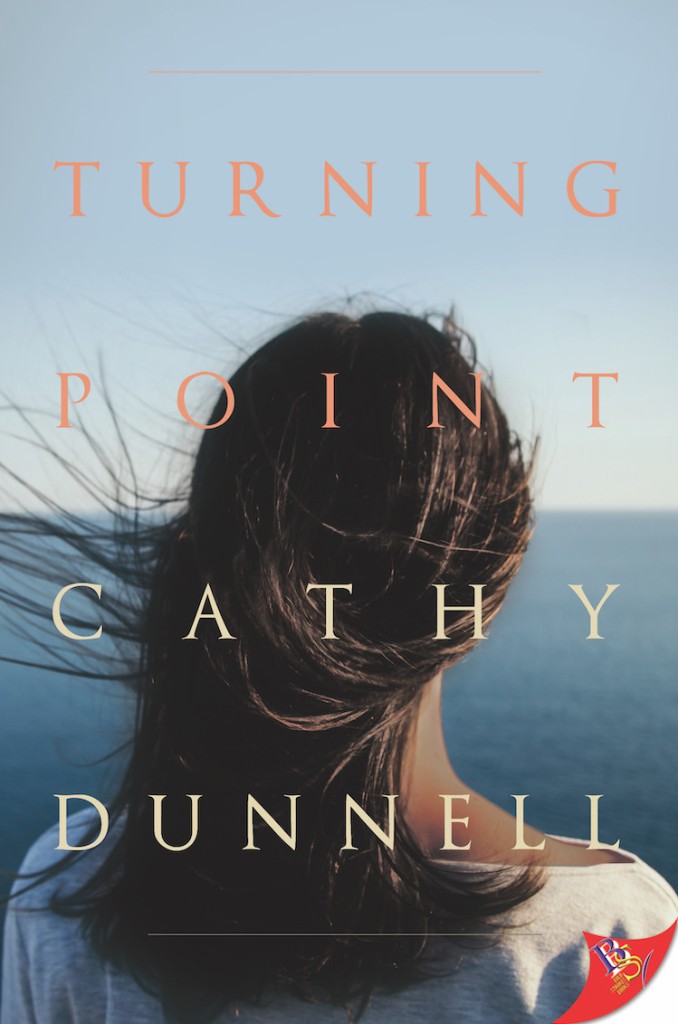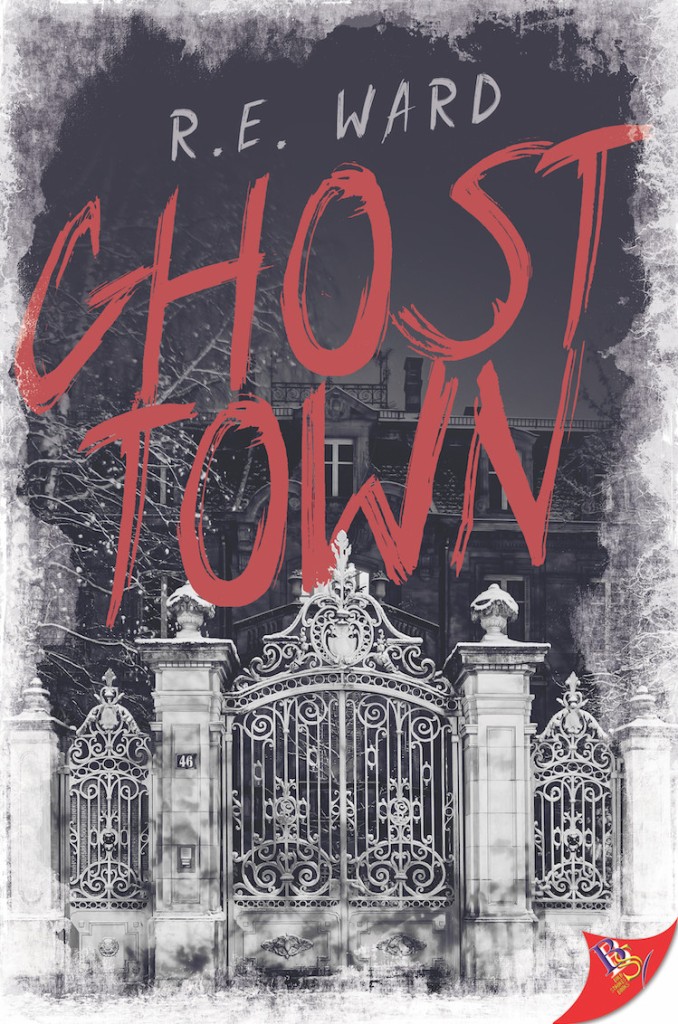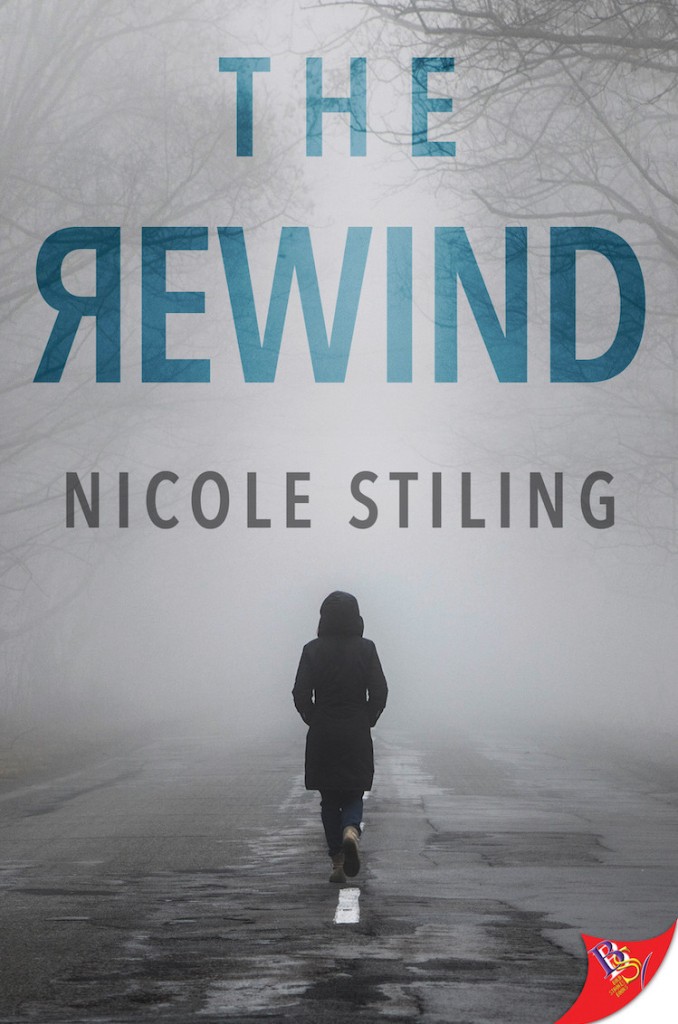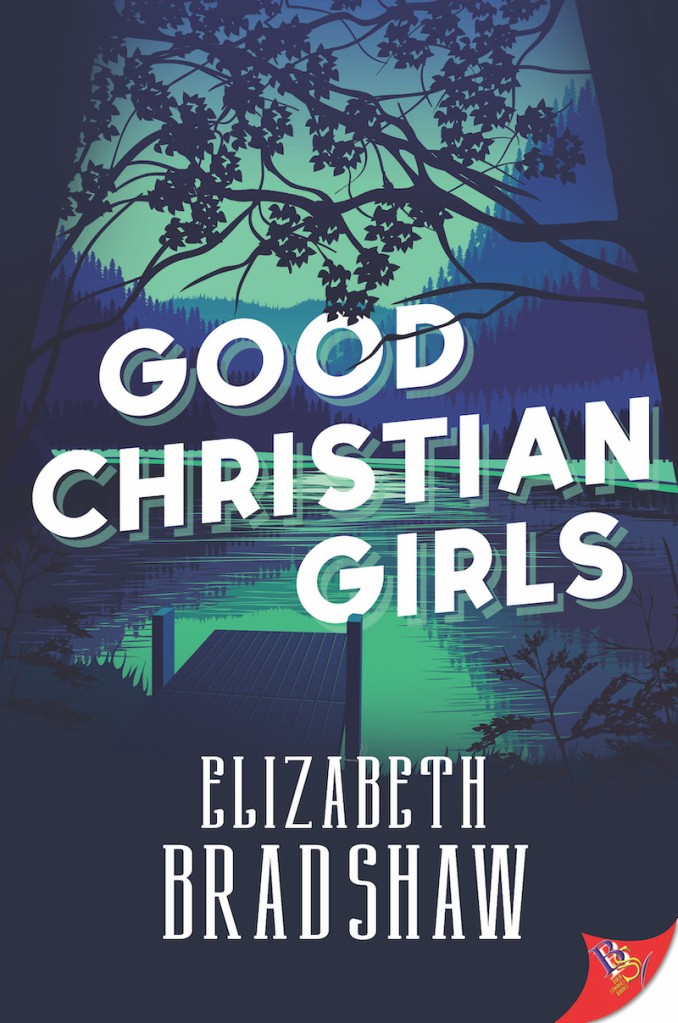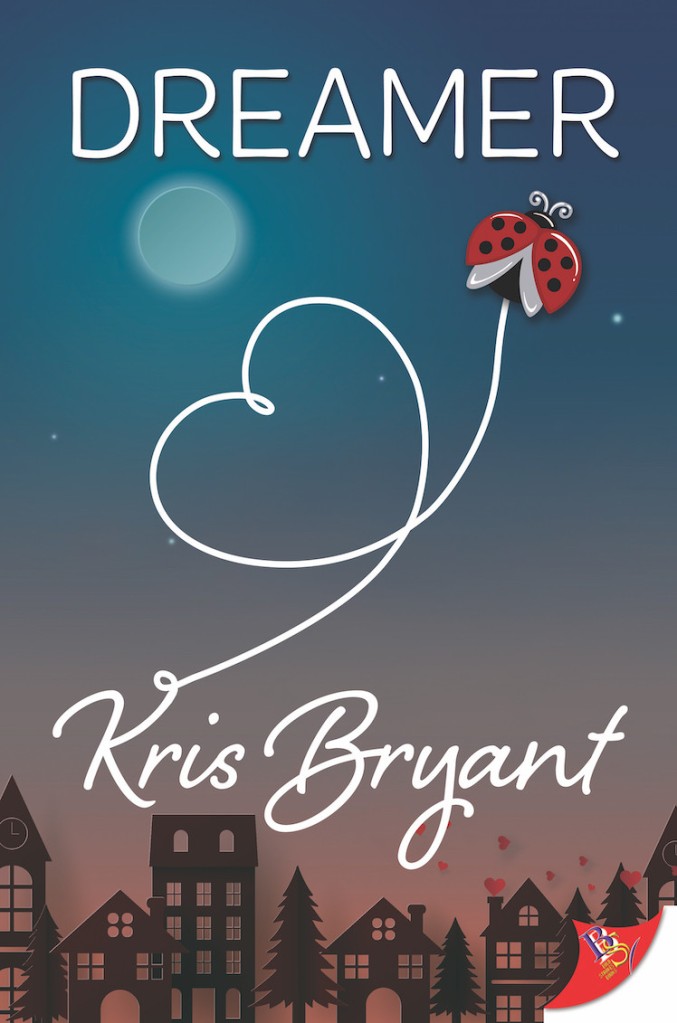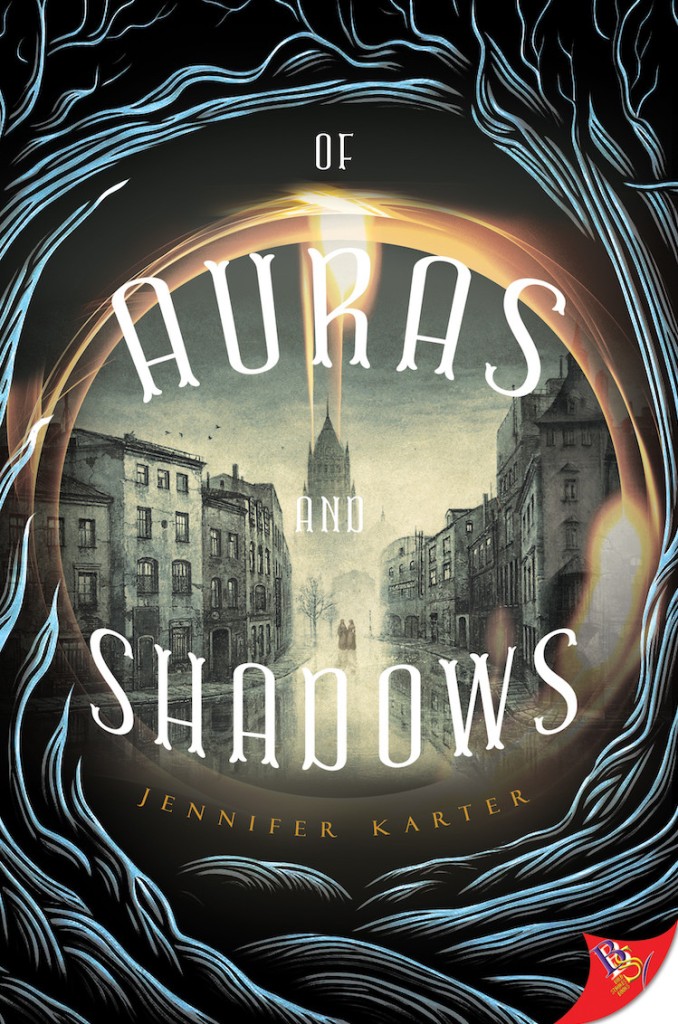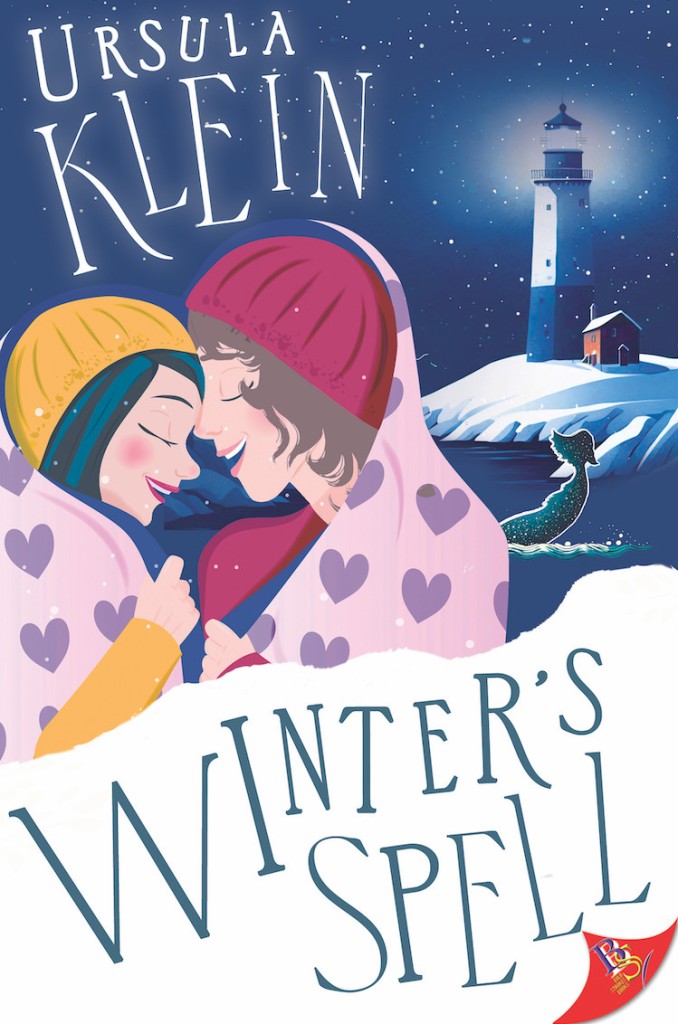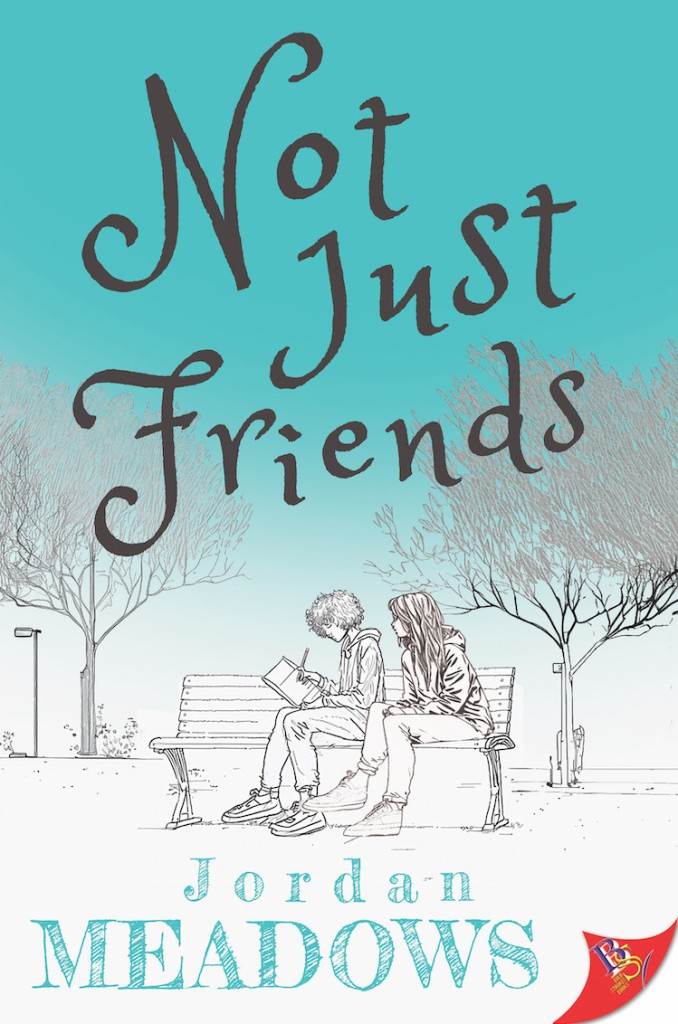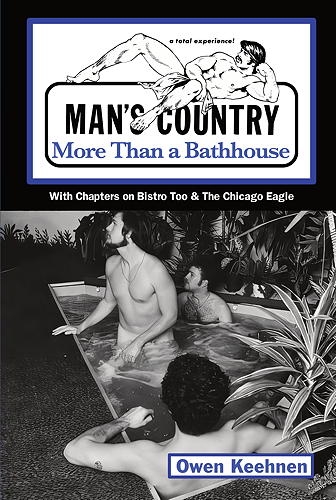
Buy from:
In 1972, a twenty-thousand square foot building known as Verdandi Hall went up for sale. Originally constructed fifty years prior, and located in Chicago’s Uptown neighborhood, just south of Andersonville, it had most recently housed the Verdandi Society, a social club for Swedish Americans. That year Chuck Renslow and Dom Orejudos purchased the building, and after extensive renovations, a new social club, Man’s Country, opened its doors on September 19, 1973. Owen Keehnen’s aptly titled Man Country: More Than a Bathhouse chronicles the impact of this seminal social club for Gay men.
Renslow initially did not intend to found a Gay bathhouse; at the time he was already co-owner of Club Baths Chicago, and he and Orejudos (better known as the artist Etienne or Stephen) owned several other Gay businesses, including the Gold Coast (Chicago’s first leather bar) and the photography studio Kris Studio. And even though the Gold Coast was doing respectable business as a bar, Renslow wanted to own more than a bar: In his own words, men “come to the bar, they come to drink, and then they go someplace to fuck.” After the immediate, heady post-Stonewall Riot days, Renslow saw further business opportunities—he also wanted to have that place where men would go to fuck.
Except that Man’s Country became so much more than a place to drink and fuck: in addition to being a bathhouse, it was a concert venue, art space, community space, juice bar, and would eventually become a dance club and gymnasium. Keehnen devotes a chapter to the Music Hall at Man’s Country, which opened December 31, 1974, and where Sally Rand performed her famous Fan Dance and Bubble Dance on February 14, 1975; other well-known performers included Wayland Flowers and Madame, Judy Tenuta, and the Kinsey Sicks. Another chapter recalls the artists—among them, Orejudos, Tom of Finland, Rex, and Bill Ward—whose artwork was displayed at Man’s Country. And Keehnen devotes most of another chapter to the reminisces of the men who frequented Man’s Country in the early 70s and 80s, and how they found sex, camaraderie, and community there.
Of course, with the onset of AIDS in the early 1980s, a lot of this came to an abrupt halt. Despite falling membership, Man’s Country did not close like the bathhouses in New York and San Francisco; instead, a progressive health commissioner acknowledged that if the club remained open, it could provide a community service by disseminating condoms and information about safe sex. (As early as 1975 the club had operated a mobile STD testing unit—the “VD Van”–that offered free, shame-free testing to its patrons.) In 1987, Renslow also reconfigured some of the inside space into a dance club, and the Bistro (an early 70s Chicago nightclub) was reborn as Bistro Too; it would stay open until 1992. Renslow would pivot again, opening a leather bar (the Chicago Eagle) within the confines of Man’s Country; it too closed in 2006. Alas, all things must end, and after Renslow’s death in 2017, the club closed for good, and the building demolished in 2019. But even in its demise the club continued to support the Gay community: souvenir bricks from the structure were sold as a fundraiser for Groceryland, a food pantry that provides meals for people living with HIV/AIDS. Keehnen includes photos and maps among the extensive research on his subject. And while his treatise reads like a veritable Who’s Who of 70s and 80s Gay culture, his focus is solely on Man’s Country, in all of its incarnations. Really, what Keehnen has written for us is a celebrity biography—and like the best celebrity biographies, it is more than just dry facts, and name-dropping: it is full of humor, great anecdotes, and clearly explains the importance of its subject, then and now.
Reviewed by Keith John Glaeske



